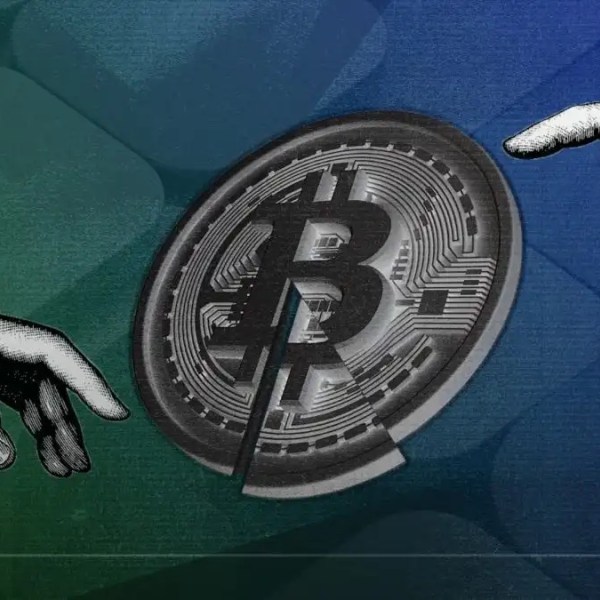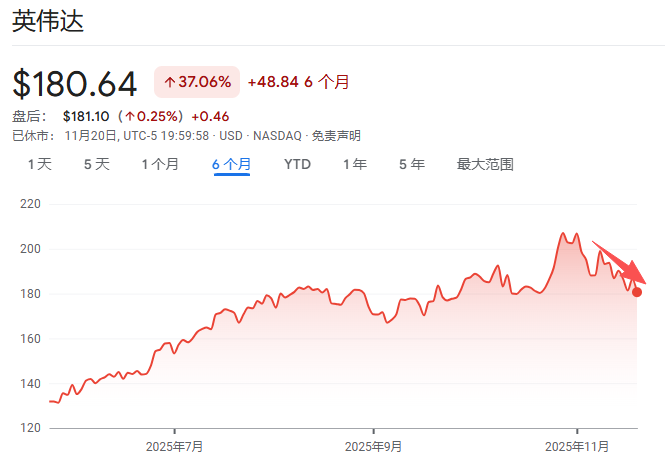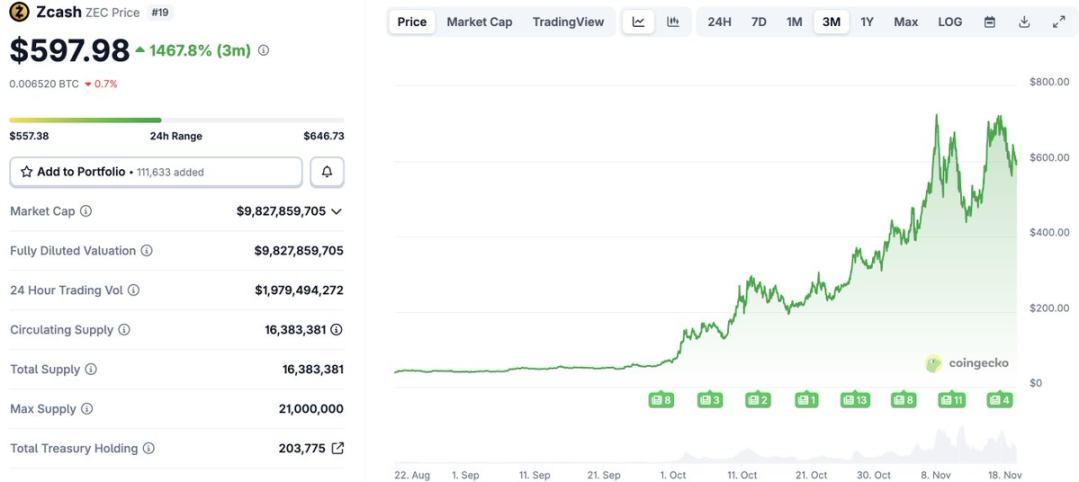Dow inches higher, S&P 500 caps best May since 1990
U.S. stocks ended Friday on a mixed note after recovering from early losses, closing out a volatile but strong May.
The S&P 500 finished nearly flat but posted a 6% monthly gain — its best May since 1990. The Dow rose 0.13% on the day, and the Nasdaq slipped 0.3%, despite briefly falling over 1.6% earlier in the session.
For the month, the tech-heavy Nasdaq surged nearly 10% as technology shares continued to drive momentum. The Dow added 4%. Friday’s subdued finish followed reports of expanding U.S. tech restrictions on China and renewed trade tensions.
The Trump administration plans to tighten export rules targeting subsidiaries of firms already on the Entity List, Bloomberg reported. That news came hours after former President Trump accused China of violating its existing trade deal on social media.
Treasury Secretary Scott Bessent said talks with China are “stalled” and suggested a Trump-Xi call is needed to advance negotiations.
Trump’s tariff uncertainty
Meanwhile, legal uncertainty surrounding tariffs added to investor anxiety. A U.S. appeals court temporarily allowed Trump-era tariffs to remain in place, reversing a trade court’s earlier decision.
The administration is also weighing a 15% duty for up to 150 days under the Trade Act of 1974.
Despite the geopolitical and legal headwinds, investors found optimism in cooling inflation. The Fed’s preferred inflation gauge—the core Personal Consumption Expenditures index—rose in line with forecasts in April, helping temper fears of further rate hikes.
Health care was the only S&P 500 sector to post a monthly loss, down nearly 6%. All other major sectors finished May in the green, buoyed by easing inflation and strength in tech.
Markets head into June with gains intact, but trade policy remains a looming risk.
Disclaimer: The content of this article solely reflects the author's opinion and does not represent the platform in any capacity. This article is not intended to serve as a reference for making investment decisions.
You may also like
"AI Godmother" Fei-Fei Li's Latest Interview: I Didn't Expect AI to Become So Popular, the Next Frontier Is Spatial Intelligence
If AI leads humanity into an extinction crisis, it will be humanity's fault, not the machines'. If superintelligence emerges, why would humanity allow itself to be taken over? Where are collective responsibility, governance, and regulation? "Spatial intelligence" may fundamentally change the way we understand the world.
Has the four-year cycle of Bitcoin failed?
The various anomalies in this cycle—including waning sentiment, weakening returns, disrupted rhythms, and institutional dominance—have indeed led the market to intuitively feel that the familiar four-year cycle is no longer effective.

At an internal Nvidia meeting, Jensen Huang admitted: It's too difficult. "If we do well, it's an AI bubble," and "if we fall even slightly short of expectations, the whole world will collapse."
Jensen Huang has rarely admitted that Nvidia is now facing an unsolvable dilemma: if its performance is outstanding, it will be accused of fueling the AI bubble; if its performance disappoints, it will be seen as evidence that the bubble has burst.

After a 1460% Surge: Reassessing the Value Foundation of ZEC
Narratives and sentiment can create myths, but fundamentals determine how far those myths can go.

